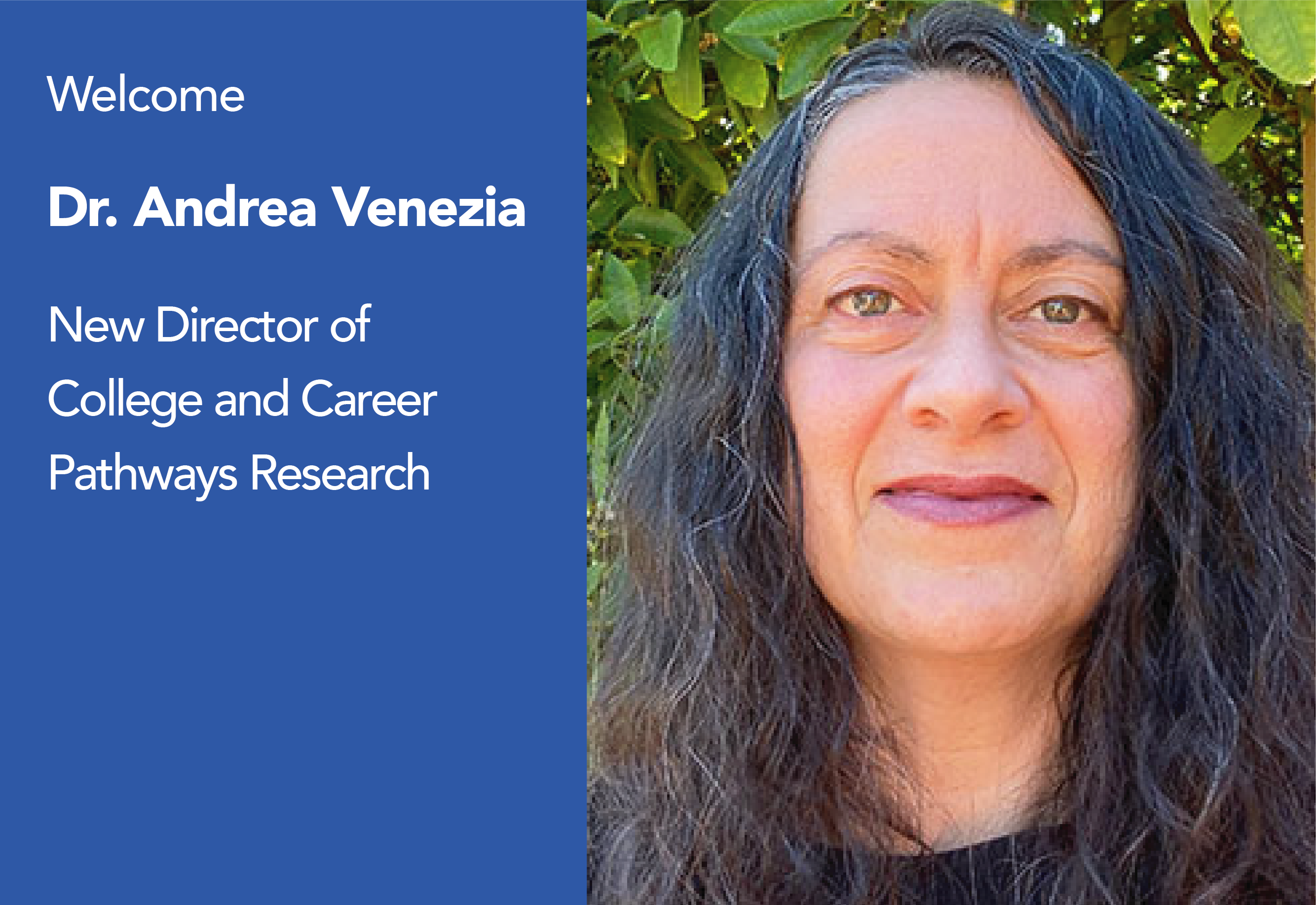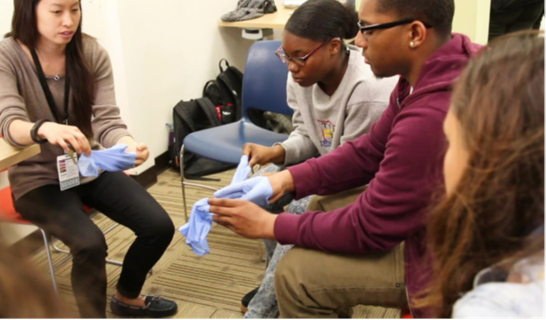In the November 2024 webinar Building Students’ Motivation and Learning Skills in Online Courses, researchers from the Postsecondary Teaching with Technology Collaborative shared insights from the Collaborative’s formative study of technology-enabled instructional strategies designed to support students’ self-directed learning in online and hybrid STEM courses.
In recent years, Tennessee education leaders have expressed concern over stagnant or declining college enrollment rates and a weak education-to-workforce pipeline.1 According to the State Collaborative on Reforming Education, only 26 percent of Tennessee students who started high school in 2012 earned a postsecondary degree by summer 2022, with even lower percentages for students of color over the same time period.1,2 Alarms were sounding.
New performance data gets released. Without even seeing the data, what would you predict is the pattern? For over 20 years, since No Child Left Behind, we have seen the same, predictable performance differences. And for over 20 years, there’s been a desire to quickly compare data points, find bright spots and challenges, craft a narrative, and decide on next steps.
SRI Education is working to fill the gap in evidence on changes in instruction from the use of open educational resources (OER) in community colleges. Building on the prior study of the OER Degree Initiative, we are investigating how the use of OER can enable what are sometimes called “open educational practices” (OEP) and equity-focused instruction in community college courses.
Over the past 2 decades, the United States has seen enormous growth in the science, technology, engineering, and mathematics (STEM) fields. This growth has been particularly strong for high skill technician jobs in technology and computer science, which offer a promising path to the middle class for many Americans.
Alternative high schools were originally conceived of as a place where students who were not succeeding in a traditional setting could have their academic needs met. These schools have developed negative stigmas, with the reputation as being credit-recovery factories for students who are off-track to graduate.
College instructors see it all the time. Each semester brings bright students who easily grasp new ideas, but may struggle with assignments or studying for exams. These students can excel when explicitly taught skills to manage their own learning, research conducted by Dr. Omar Faison at Virginia State University has found. If students do not have these skills, online courses can be particularly challenging. With more college courses moving online, students need self-directed learning skills more than ever.
Dr. Andrea Venezia joined SRI Education in May as our new director of college and career pathways research, co-leading the program area with Dr. Miya Warner. Most recently, Andrea was a professor of public policy and administration at Sacramento State University and executive director of the Education Insights Center.
The Oakland Health Pathways Project involves education and industry partners in expanding education and long-term employment opportunities for youth of color in Oakland, California. Project partners used the Linked Learning approach to engage students in education and employment experiences related to the health care field.















